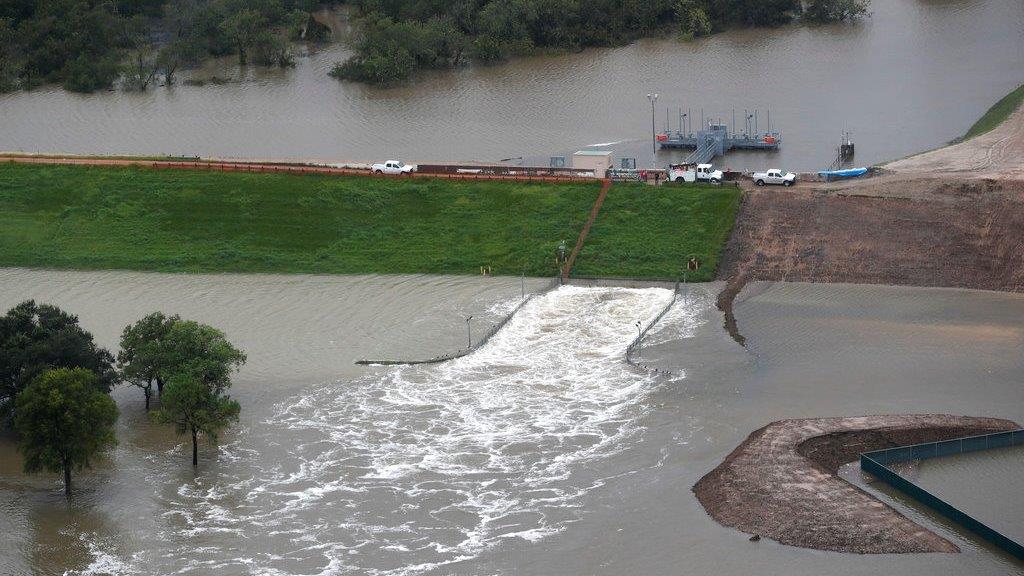Harvey could financially hurt already strained Houston hospitals
Structural improvements over the last decade to Houston hospitals have helped them so far to avoid devastation like Hurricane Katrina in New Orleans in 2005, but the pounding it is receiving from Tropical Storm Harvey is expected to financially hobble many already strained Texas medical centers.
The storm has forced hospitals to cancel surgeries, evacuate patients and contend with food and supply shortages. Even bigger challenges are expected in coming months when people who have lost homes and jobs avoid medical treatment or seek charitable care.
"A lot of hospitals already were burdened by uncompensated care...they were already struggling, and this will make things much harder," said Vivian Ho, a healthcare economist at Rice University.
Rice has been temporarily closed because of the slow-moving storm that has killed at least 11 people since Friday and paralyzed Houston, the fourth most-populous city in the United States with a U.S.-census estimated 2.3 million.
Houston's healthcare industry includes some of the most prestigious institutions in the country and has grown to accommodate a rising population in recent years.
But uncertainty about changes to U.S. health insurance policy, the region's shrinking energy sector and Texas' high percentage of uninsured have forced several Houston hospitals to cut thousands of jobs this year and post millions of dollars in losses, even before the storm.
Investment bank Jefferies warned in an Aug. 28 note that Harvey could have a significant impact on Texas healthcare providers, especially HCA Healthcare Inc, which has "11 percent of its beds in the areas impacted by severe weather."
Texas Hospital Association spokesman Lance Lunsford said medical centers made significant improvements after buildings were damaged by Tropical Storm Allison in 2001.
Harvey broke rainfall records for the continental United States, with one site south of Houston recording 49.2 inches (1.25 meters) of precipitation.
Flooding prompted MD Anderson on Monday to cancel appointments and surgeries until Wednesday at the earliest, St. Luke's Hospital closed one of its branches, and flooding at Ben Taub Hospital shut its food service.
MD Anderson on Monday told employees not part of its storm "ride out" team to stay home.
Roads around the cancer center's main hospital were impassible, and a doctor posted photos of flooding that reached into the hospital lobby.
MD Anderson's economic impact to the area is about $35 billion, according to its web site. Its 21 hospitals and affiliated institutions employ more than 106,000 people.




















